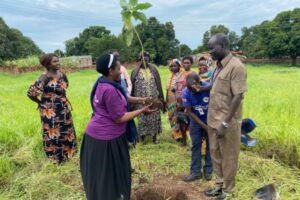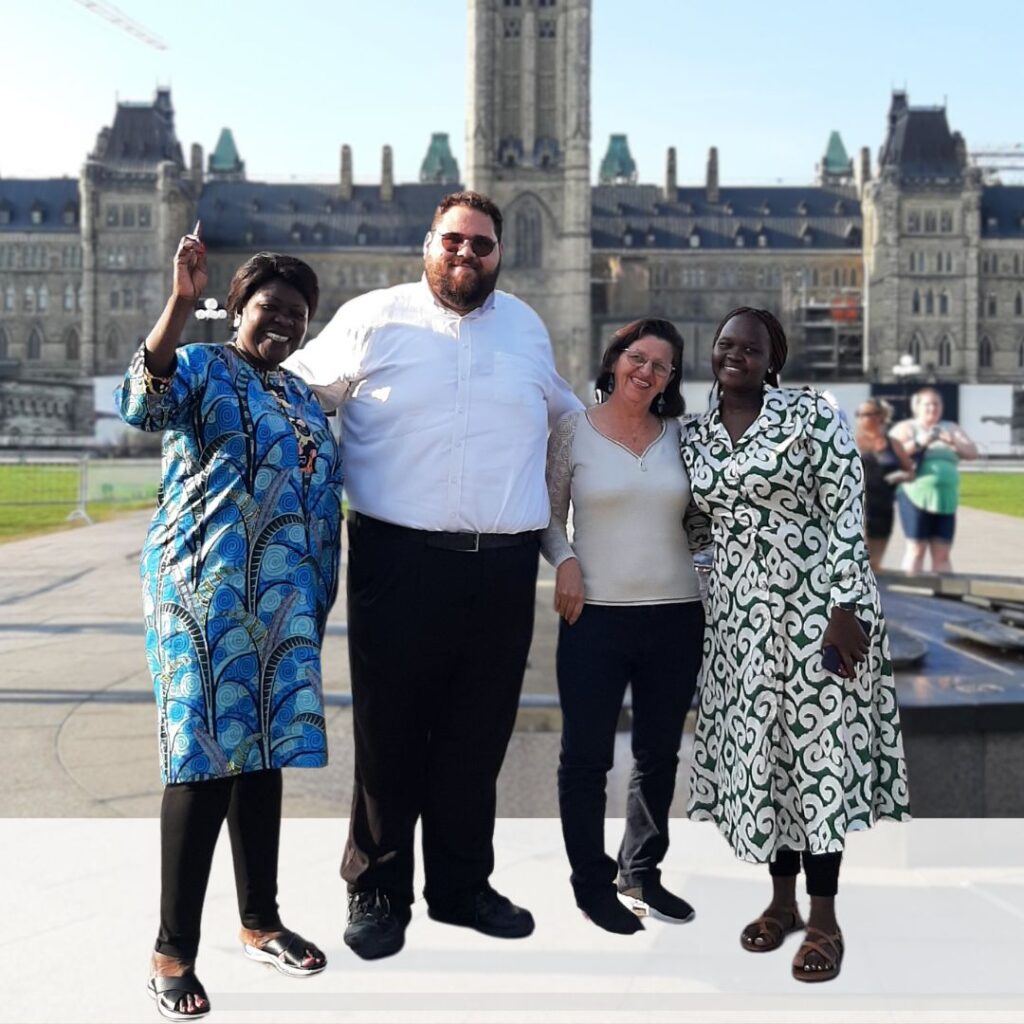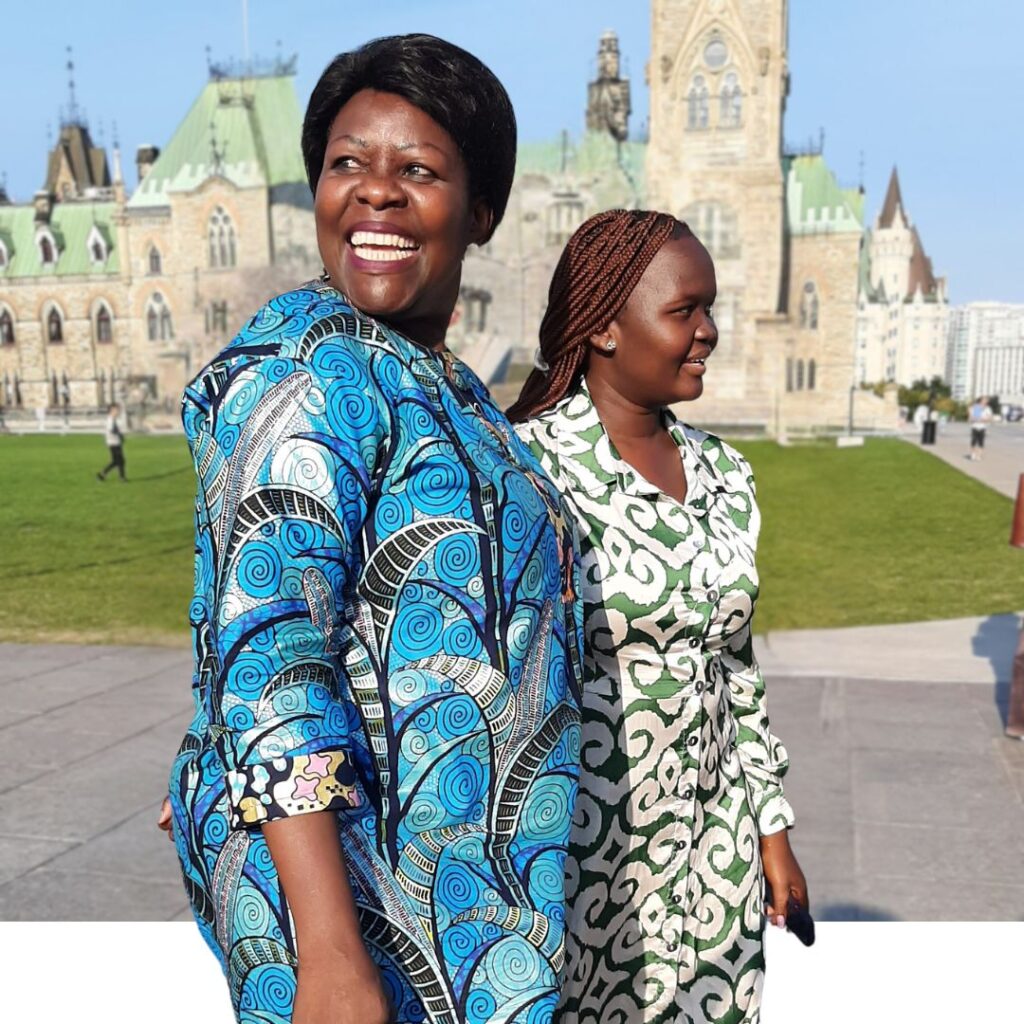No climate justice without peace, no peace without climate justice

In the last couple of years, there has been a growing recognition of the intersecting impacts of climate change, gender, conflict and economic injustice. This climate-conflict-gender nexus is a necessary lens through which peacebuilding efforts must now be considered. In the report The Climate-Gender-Conflict Nexus, researchers conclude that “Women at the grassroots are uniquely positioned to contribute to sustainable natural resource management, climate-resilient communities, and enhanced peace and stability.”
KAIROS and its Women, Peace and Security partners know this to be true. They are part of a 6-year program funded by the Canadian government and Canadian donors, which began in 2018. These partners, which are grassroots women’s rights organizations, have been experiencing and responding to the impacts of climate change and economic insecurity which are undermining their efforts to build sustainable, just and lasting peace.

KAIROS’ Women, Peace and Security partners include Héritiers de la Justice in the Democratic Republic of the Congo, Organización Femenina Popular in Colombia, the South Sudan Council of Churches National Women’s Programme and Wi’am: Palestinian Conflict Transformation Centre in the West Bank. Representatives from these partner organizations travelled to Canada earlier this fall for the Climate, Conflict, Gender: KAIROS Canada’s Women of Courage Visit 2023.
The partners gathered for this visit to discuss the successful impacts of their work to date, which are focused on the theory of change, that when women survivors of conflict and gender-based violence are provided with psychosocial and legal support, and human rights training, they regain their dignity and confidence, they know their rights and they become peacebuilders. Partners have added that economic security is imperative in helping women take up leadership roles in their communities and to participate in decision-making spaces related to peace and climate justice. Partners and KAIROS staff exchanged strategies and discussed how this nexus will frame their critical work for peacebuilding moving forward.
Some of the partner representatives travelled to Ottawa, where they communicated this theory of change with Members of Parliament, senators, and government officials.

Chantal Bilulu, Project Manager for Women, Peace and Security (WPS) program at Héritiers de la Justice spoke about how the climate crisis in the DRC is impacting efforts to sustain women’s economic security. Unpredictable rains and poor soil quality have been impacting crop yields and women’s capacity to feed their families and sell fruits and vegetables at local markets. Management of plastic and household waste is also a challenge in the region. Plastic waste is ending up in local rivers, impacting water quality and water flow so much that hydroelectric dams are becoming clogged and breeding grounds for fish have deteriorated.
The communities that Héritiers de la Justice works with are exploring ways in which this waste can be managed and recycled into household products that could be sold at local markets. These efforts would improve economic security and the local environment, allowing women to provide for their families more easily and have the capacity to participate in local decision-making and peacebuilding efforts.
This innovative, grassroots, women-led work is needed now more than ever in a world desperate for peace and climate justice.
Support KAIROS’ Women, Peace and Security partners. Your dollar donated to the Women, Peace and Security program and partners will have 4x the impact because of matching funds from Global Affairs Canada.








